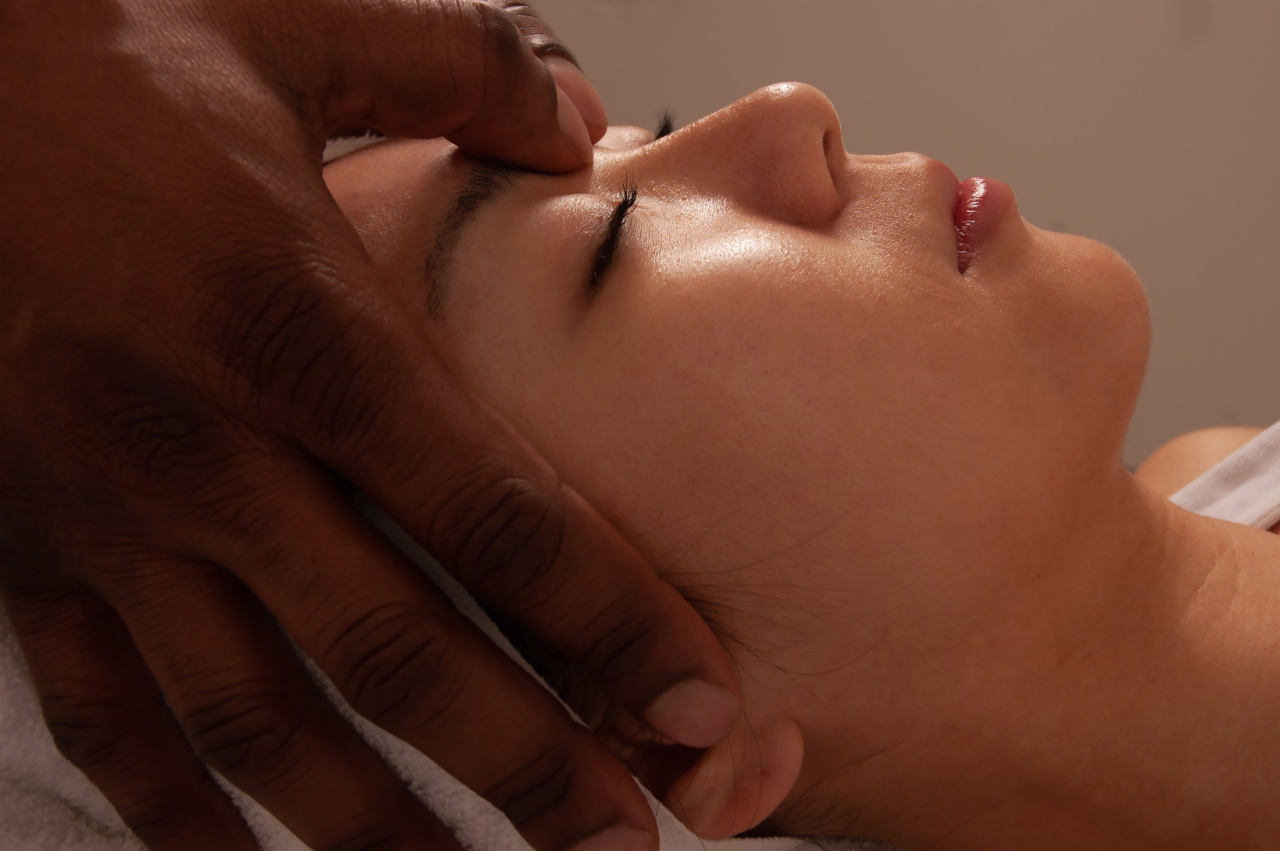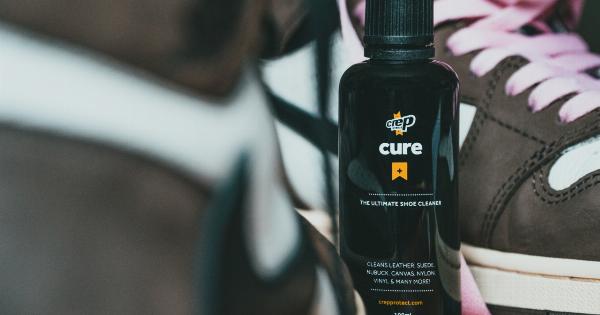Eczema, also known as atopic dermatitis, is a skin condition that affects millions of people worldwide. It is characterized by dry, itchy, inflamed skin that can be quite uncomfortable.
While the exact cause of eczema is unknown, it is believed to be a combination of environmental factors, genetics, and a compromised immune system.
Symptoms of Eczema
The symptoms of eczema can vary from person to person, but some of the most common include:.
- Dry, itchy skin
- Red or brownish-gray patches on the skin
- Small raised bumps on the skin that may leak fluid and crust over when scratched
- Thickened, cracked or scaly skin
- Raw, sensitive, swollen skin from scratching
Triggers for Eczema
Eczema can be triggered by a variety of factors, including:.
- Environmental allergens such as dust mites, mold, and pet dander
- Irritants like soaps, detergents, and certain fabrics
- Foods such as nuts, dairy, and eggs
- Stress
- Weather changes, particularly dry or cold weather
Treatments for Eczema
While there is no cure for eczema, there are several treatments that can help manage the symptoms. Here are a few options:.
Moisturizers and Emollients:
Keeping the skin moisturized is key in managing eczema symptoms. Look for a fragrance-free, thick, and greasy moisturizer that is free of any irritants or allergens.
Topical Steroids:
Topical steroids are anti-inflammatory medications that can reduce itching, swelling, and redness. They are available in different strengths and are prescribed by a doctor based on the severity of the eczema.
Immunomodulators:
Immunomodulators are non-steroidal creams that can help suppress the immune system and reduce inflammation. They are typically used for moderate to severe eczema.
Antihistamines:
Antihistamines are medications that can help reduce itching and discomfort associated with eczema. They are available over-the-counter or by prescription.
Light Therapy:
Light therapy involves exposing the affected skin to ultraviolet light under the guidance of a dermatologist. It can help reduce inflammation and improve symptoms.
Prevention of Eczema
While there is no guaranteed way to prevent eczema, there are some steps you can take to reduce your risk:.
- Avoid harsh soaps, detergents, and fragrances that can irritate the skin
- Use a humidifier in dry weather to keep the skin moisturized
- Avoid foods that are known to trigger eczema
- Avoid contact with environmental allergens whenever possible
- Try to reduce stress with relaxation techniques such as yoga or meditation
Conclusion
Eczema can be a frustrating condition to manage, but by understanding its triggers and symptoms, you can take steps to reduce your symptoms and improve the overall health of your skin.


























